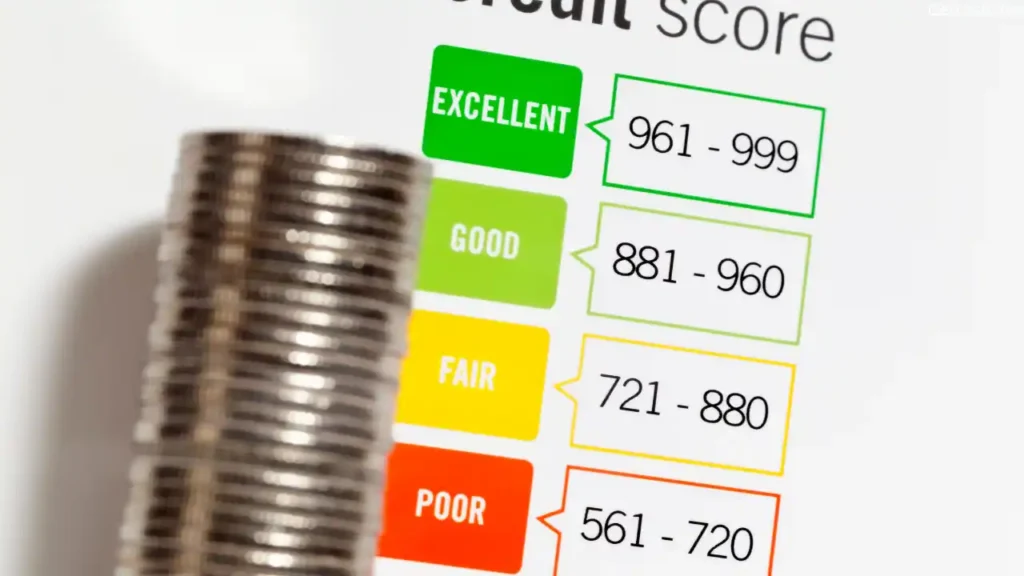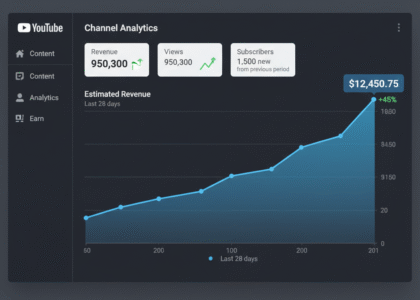When it comes to managing your finances and maintaining a good credit score, understanding the difference between hard vs. soft credit inquiries is crucial. These two types of credit checks may sound similar, but they have distinct effects on your credit score and overall financial health. Whether you’re looking to buy a home, apply for a car loan, or simply improve your financial situation, knowing how credit inquiries work can make a significant difference.
In this blog post, we’ll break down the key differences between hard and soft credit inquiries, explain how each type impacts your credit, and provide actionable tips to help you manage them wisely. Let’s dive into why this topic is essential in today’s financial landscape.
What Are Hard vs. Soft Credit Inquiries?

Hard credit inquiries and soft credit inquiries are two methods used by lenders, banks, and other financial institutions to check your credit report. The key distinction lies in how these inquiries affect your credit score.
Hard Credit Inquiries
A hard credit inquiry, also known as a hard pull, occurs when a lender or creditor evaluates your credit report as part of their decision-making process. This type of inquiry happens when you apply for a credit card, a loan, or a mortgage. Lenders use hard inquiries to assess your creditworthiness and determine whether or not you are eligible for a loan or credit.
Soft Credit Inquiries
A soft credit inquiry, or soft pull, takes place when a credit check is performed but doesn’t affect your credit score. This type of inquiry typically happens during background checks, pre-approval for credit offers, or when you check your own credit score. Soft inquiries are often used for non-lending purposes and have no impact on your credit score.
Key Differences Between Hard and Soft Credit Inquiries
To better understand how hard vs. soft credit inquiries differ, let’s break down the main differences:
| Feature | Hard Credit Inquiry | Soft Credit Inquiry |
|---|---|---|
| Impact on Credit Score | Yes, may lower score temporarily | No, does not affect score |
| Common Usage | Loan or credit card applications | Background checks, pre-qualification, personal credit checks |
| Authorization Needed | Yes, you must authorize this inquiry | No, does not require your permission |
| Duration on Credit Report | Remains for 2 years, affects your score for 12 months | Does not appear on your credit report |
How Do Hard Credit Inquiries Affect Your Credit Score?

While hard credit inquiries are an essential part of the lending process, they can have a negative short-term impact on your credit score. Every time a lender checks your credit, it may cause a slight dip in your score—typically by 5-10 points.
However, the effect is usually temporary. If you manage your credit well—by paying off your balances and avoiding missed payments—the negative impact of a hard inquiry will fade within a few months.
In general, hard inquiries may impact your score more significantly if:
- You have multiple hard inquiries within a short period (e.g., applying for several credit cards in one month).
- You already have a low credit score, as lenders may see multiple inquiries as a sign of financial instability.
That said, if you’re shopping for a mortgage or car loan, most credit scoring models group inquiries within a 14 to 45-day period, treating them as a single inquiry. This way, it limits the damage to your score while allowing you to compare lenders for the best deal.
How Do Soft Credit Inquiries Impact Your Credit Score?
Unlike hard inquiries, soft credit inquiries have no impact on your credit score. These checks happen when:
- You check your own credit score (which is highly recommended).
- A potential lender checks your credit as part of a pre-approval process.
- Employers or insurance companies conduct background checks.
- You apply for pre-approved credit offers.
Because soft inquiries don’t affect your credit score, they are considered a safe way to monitor and review your credit history without worrying about lowering your score. Soft inquiries are useful tools for both consumers and businesses alike.
Actionable Tips to Manage Hard vs. Soft Credit Inquiries

Managing credit inquiries is key to maintaining a healthy credit score. Here are some practical steps to handle hard vs. soft credit inquiries effectively:
1. Limit the Number of Hard Inquiries
To minimize the negative impact of hard inquiries, limit the number of credit applications you make. Only apply for credit when necessary, and try to avoid multiple applications within a short period.
2. Monitor Your Credit Regularly
Check your credit score regularly to stay informed about any potential changes due to hard or soft inquiries. Many services allow you to check your score for free without affecting your credit.
3. Prequalify Before Applying
Before applying for a loan or credit card, use prequalification tools that result in a soft inquiry. This will help you gauge your eligibility without affecting your credit score.
4. Be Strategic About Timing
When shopping for big-ticket loans (e.g., mortgages, auto loans), try to complete your applications within a short time frame. This way, multiple hard inquiries will count as one.
5. Request a Credit Limit Increase
If you’re concerned about your credit utilization rate, request a credit limit increase instead of applying for new credit. This results in a soft inquiry and can help improve your credit score by lowering your utilization ratio.
FAQs About Hard vs. Soft Credit Inquiries
1. Will checking my own credit score hurt my credit?
No, checking your own credit score results in a soft inquiry, which does not affect your credit score.
2. How many hard inquiries is too many?
While there’s no specific number, multiple hard inquiries in a short period can signal to lenders that you’re actively seeking credit, which may lower your score. Limit credit applications to reduce the impact.
3. Can a hard inquiry be removed from my credit report?
Hard inquiries remain on your credit report for two years but only impact your score for about 12 months. They cannot be removed unless there’s an error.
4. Does a soft inquiry affect my ability to get credit?
No, soft inquiries don’t affect your credit score and do not impact your ability to get approved for credit.
Conclusion
Understanding the difference between hard vs. soft credit inquiries is crucial for managing your credit effectively. By limiting hard inquiries and utilizing soft inquiries for things like pre-qualification checks, you can keep your credit score healthy while making informed financial decisions.
Want to learn more about managing your finances? Explore additional tips and expert advice on credit and investing at GetCashVibe today!






